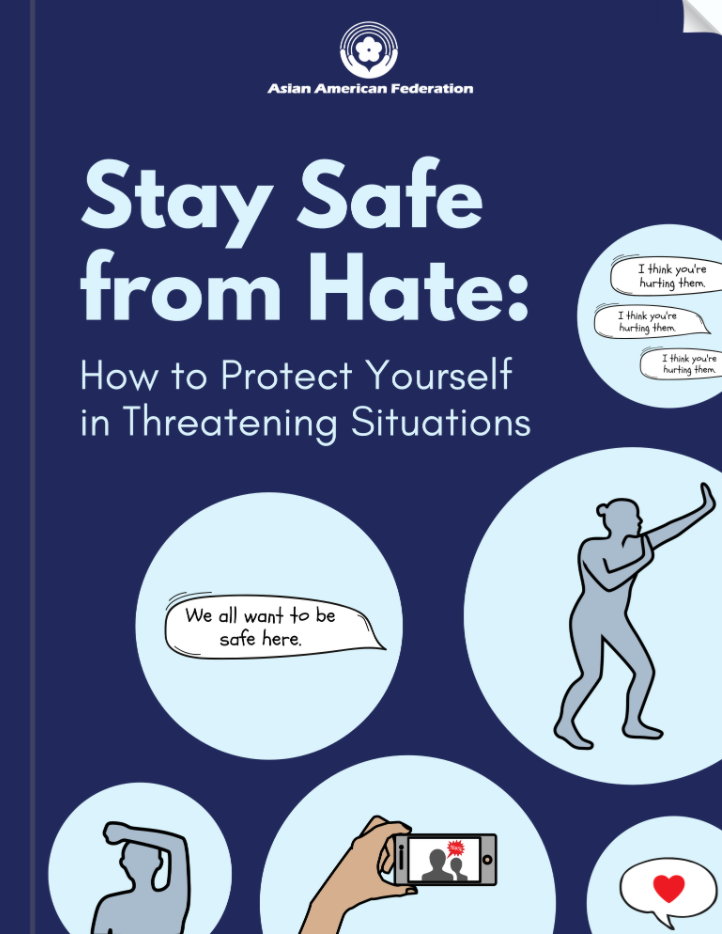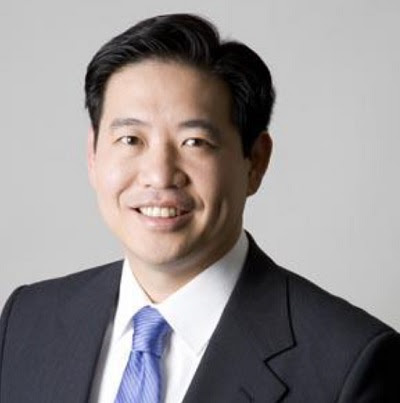On September 26, 2020, as part of AABANY’s 11th Annual Fall Conference, the AABANY Real Estate Committee and Issues Committee hosted a plenary session on the ongoing racial reckoning following the death of George Floyd and the rise in xenophobia against Asian Americans since the beginning of the pandemic. The panel included:
- Margaret T. Ling, Development Director and Real Estate Committee Co-Chair at AABANY and Senior Counsel at Big Apple Abstract Corp. (Moderator)
- Letitia James, 67th Attorney General for the State of New York
- Rahul Agarwal, Executive Assistant United States Attorney at the United States Attorney’s Office for the District of New Jersey
- Paula T. Edgar, Attorney, CEO of PGE LLC, and Partner of Inclusion Strategy Solutions LLC
- Chris Kwok, Co-Chair of the Issues Committee and Asia Practice Committee at AABANY and a mediator and arbitrator with JAMS
- Carmelyn P. Malalis, Chair and Commissioner of the New York City Commission on Human Rights
The esteemed panel discussed their experience addressing the issues of racism, bias, and xenophobia in their different capacities as government officials, bar association leaders, and diversity and inclusion specialists, especially in the context of the ongoing pandemic. As the opening speaker, Paula Edgar provided an informative presentation on systemic racism, the varying responses of Corporate America, and the importance for companies and law firms to invest in resources for diversity training as part of an urgent call to incorporate actionable plans into their missions for equity and inclusion. More importantly, allyship transcends performative activism, or surface-level activism, on social media and demands a sustained and active approach to listen to the experiences of marginalized communities, educate oneself on race-related history and issues, and speak out against any injustice.
In highlighting the importance of using our vote at this historical moment, New York State Attorney General Letitia James suggested that the participation of more people of color in law-enforcement can be one of the ways to sustain the BLM movement and push for substantive, lasting changes. Some of the projects at the Attorney General’s Office include a lawsuit against the US Postal Service for their attempt to delay the vote-by-mail ballots and an effort to advocate for immigrants to ensure that they are counted in the 2020 US Census. Attorney General James emphasized the need to stay hopeful and utilize our vote as citizens to protect our democracy.
Rahul Agarwal focused on the recent rise in hate crimes against Asian Americans and stressed the importance of active reporting on the part of community members to help law enforcement personnel investigate these crimes and open cases. Rahul explained that the law enforcement community takes reports on hate crimes very seriously because the perpetrators’ hatred often affects many individuals, and since the targeted population can become fearful, it is crucial for law enforcement to act quickly.
Noting from a survey the significant increase in people’s perception and experience with racial inequality since 2016, Carmelyn Malalis described the active outreach by the New York City Commission on Human Rights to marginalized communities and its employment of staffers who speak a total of over 30 different languages at the Commission to increase community engagement. Echoing Attorney General James’ comment on the value of allyship, Commissioner Malalis added that allyship also means recognizing that the constructed narratives about marginalized groups are often inconsistent with the lived experiences of people in those communities. She emphasized the need to actively work on dismantling one’s biased preconceptions.
Referring to the Stop AAPI Hate’s recent record of about 2,600 hate crimes and incidents against Asian Americans in the past six months, Chris Kwok suggested that the actual number is most likely a lot higher since there has been insufficient attention directed towards AAPI hate crimes and a general lack of active reporting in the AAPI community. Chris highlighted the importance for Asian Americans to support the BLM movement since we are all fighting to challenge white supremacy and ensure justice in the United States. He concludes by emphasizing the need to say “BLM”— since black lives had been defined as property for decades, we, as allies in the BLM movement, should acknowledge the hashtag’s reflection of that history and recognition of the equal rights that every person deserves.
Thank you to Margaret, Attorney General James, Commissioner Malalis, Rahul, Paula, and Chris, for this insightful panel discussion. Thanks also to the AABANY Real Estate Committee and Issues Committee for organizing this event. To view a recording of the plenary session, click here or on the image above.



